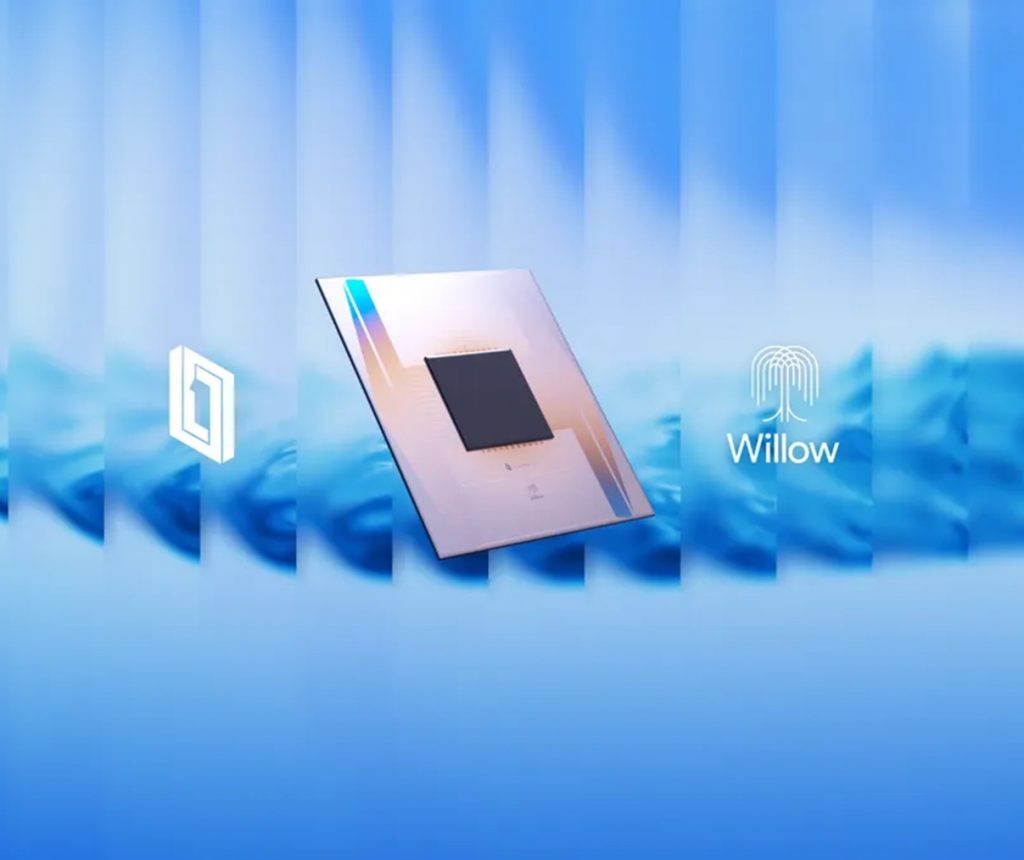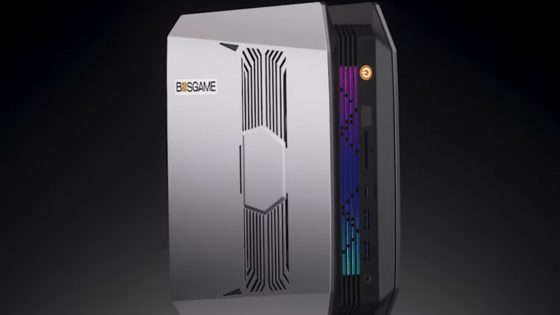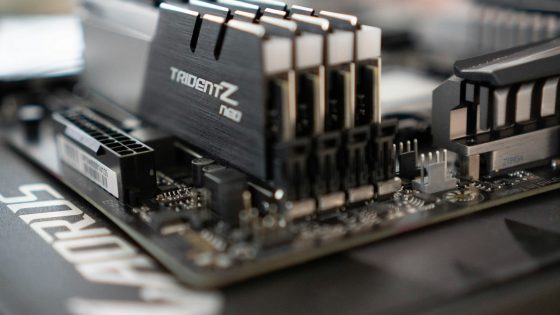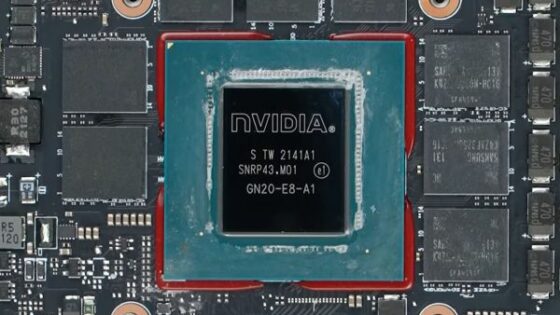Google's quantum chip is 13,000 times faster than supercomputers

Google has announced a major breakthrough in quantum computing. Its new Willow processor ran the Quantum Echoes algorithm about 13,000 times faster than the most powerful classical supercomputers. This is a big step forward from the Sycamore chip from 2019, which demonstrated quantum supremacy but had no direct applications. Willow shows potential in areas such as artificial intelligence, chemical modeling and advanced materials research, the journal Nature reported.
Google's new chip uses 105 superconducting qubits, which act like artificial atoms and can store multiple states of information at once. When the qubits are entangled, they exchange quantum information in real time, allowing it to process many solutions simultaneously. For stability, it operates at temperatures close to absolute zero, protected from heat and vibration. Its architecture achieves 99.97 % accuracy for single-qubit gates and 99.88 % for entangled gates, making it suitable for large-scale algorithms.
Willow's specialty is verifiability. The Quantum Echoes algorithm allows for validation of results across laboratories, which meets the requirements for quantum supremacy. The algorithm more accurately models molecular behavior and chemical bonds, and Willow executed it in a fraction of the time.
Researcher Tom O'Brien stressed the importance of repeatability: "If we can't prove that the data is correct, we can't do anything with it." Nobel laureate Michel H. Devoret added: "We've shown that electrical circuits can behave like atoms. Now we're showing what these artificial atoms can do."
Why it matters: Willow could dramatically reduce the time it takes to simulate biological systems, develop new materials, and learn efficient AI models. If validated, it could move quantum computing from theory to practical industrial use.






























